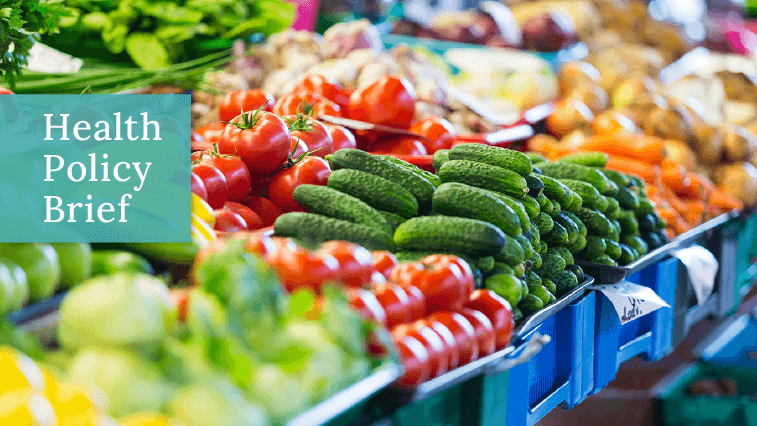

Poor nutrition is a leading cause of illness, health care spending, and lost productivity in the US and globally, predominantly from cardiometabolic diseases, cancers, other chronic conditions, and undernutrition. These burdens disproportionally harm lower-income, less-educated, and minority racial and ethnic groups, contributing to health disparities. Nourishing foods throughout the life span, starting in utero, are foundational to achieving health and well-being for all people.
During the past two decades, the concept of food security, defined as an economic and social condition of limited or uncertain access to adequate food, has been key to developing screening tools, surveillance, research, referral systems, and policies. Health care systems and public health departments increasingly recognize links among food insecurity, health outcomes, and health disparities. These stakeholders are now measuring food security and partnering with federal and community-based food programs to address it. The new National Strategy on Hunger, Nutrition, and Health calls for universal food security screening in government and private health care.